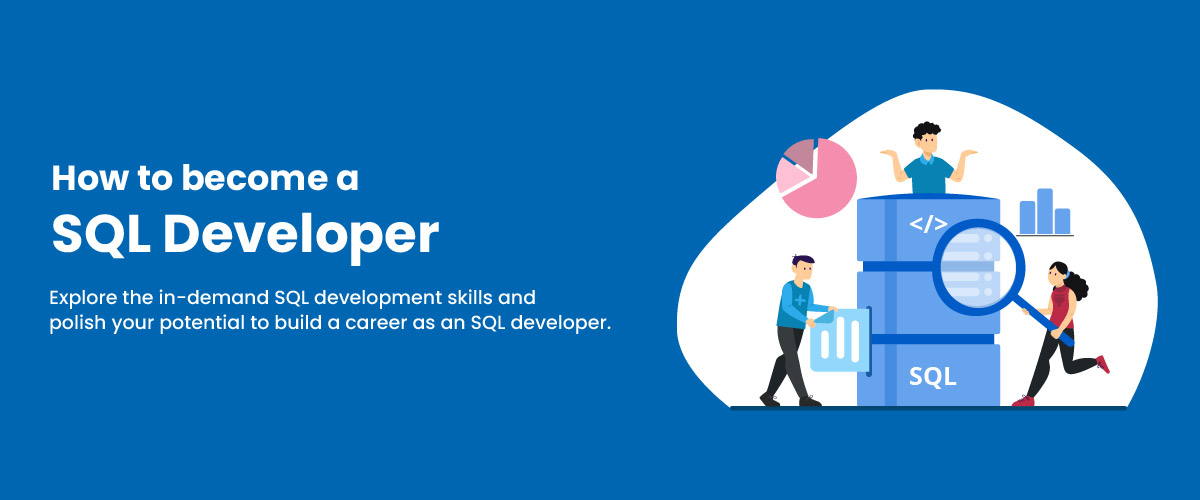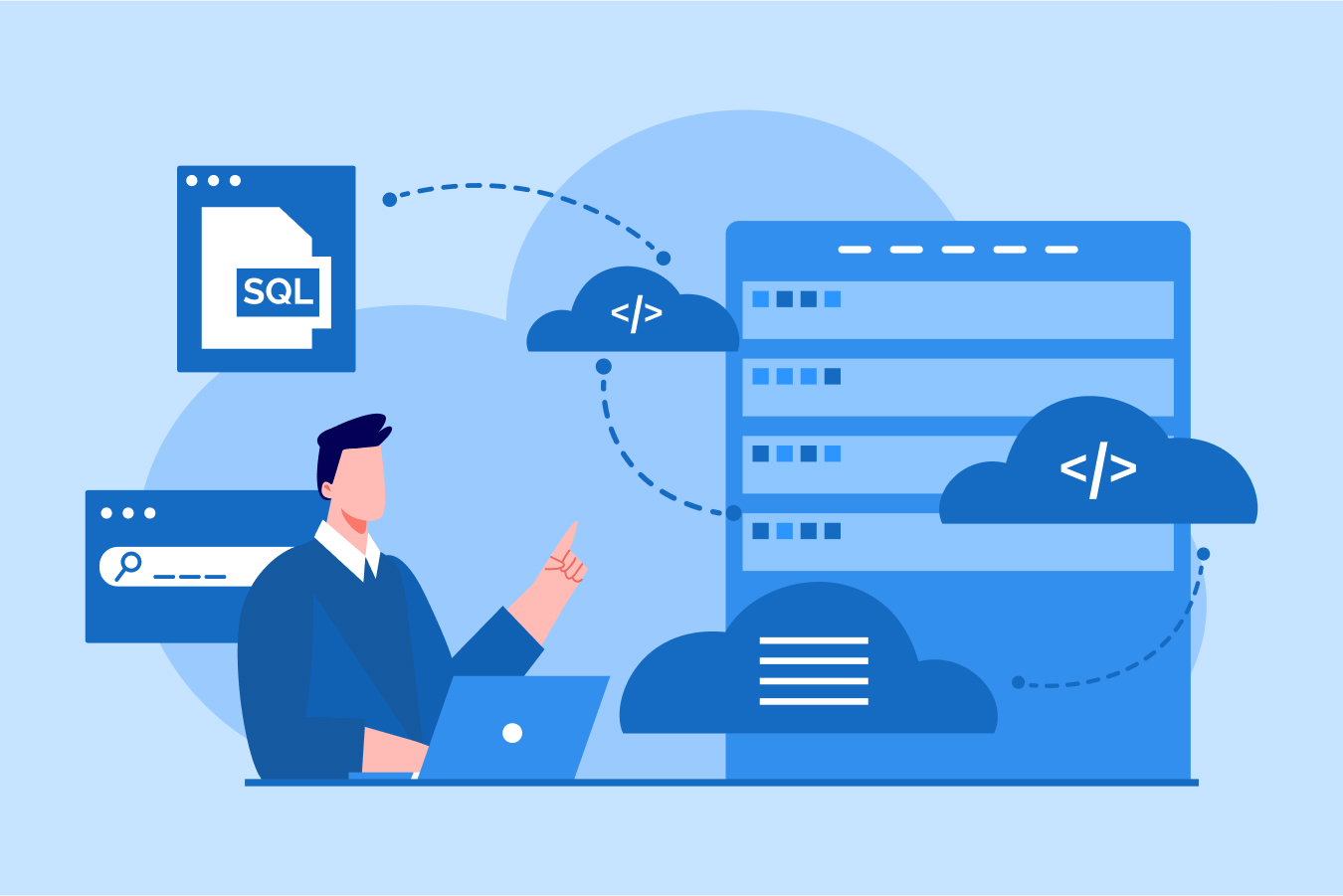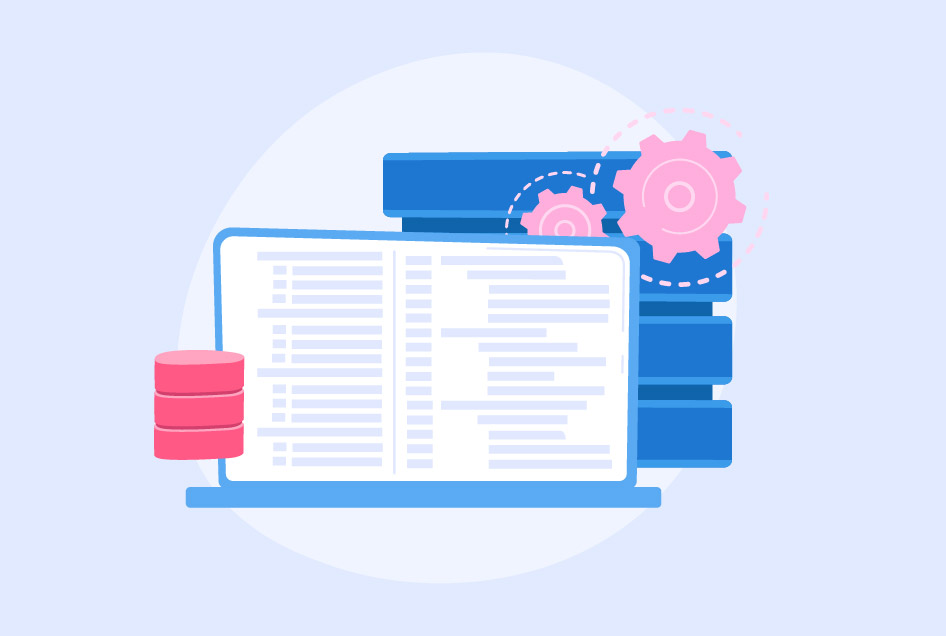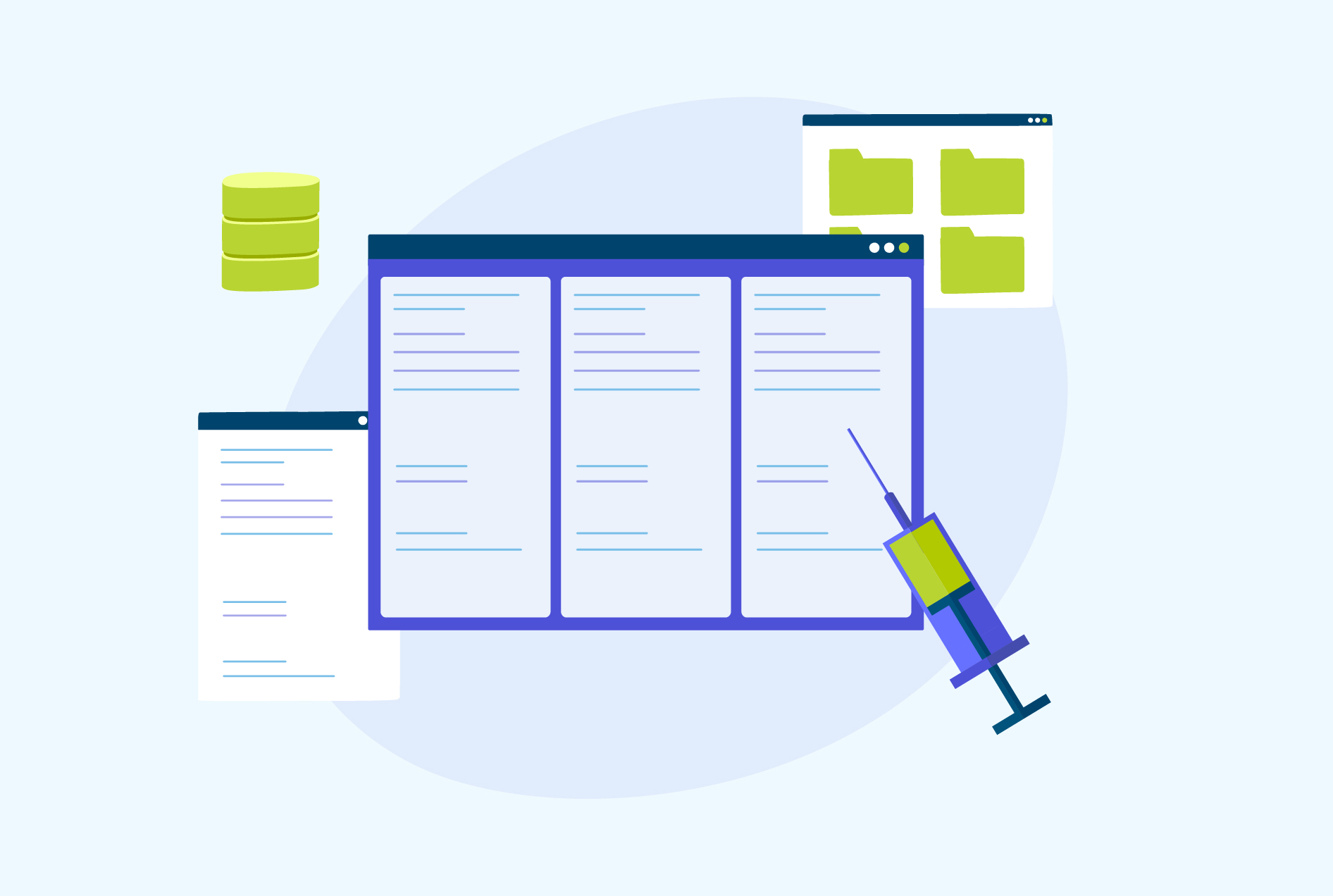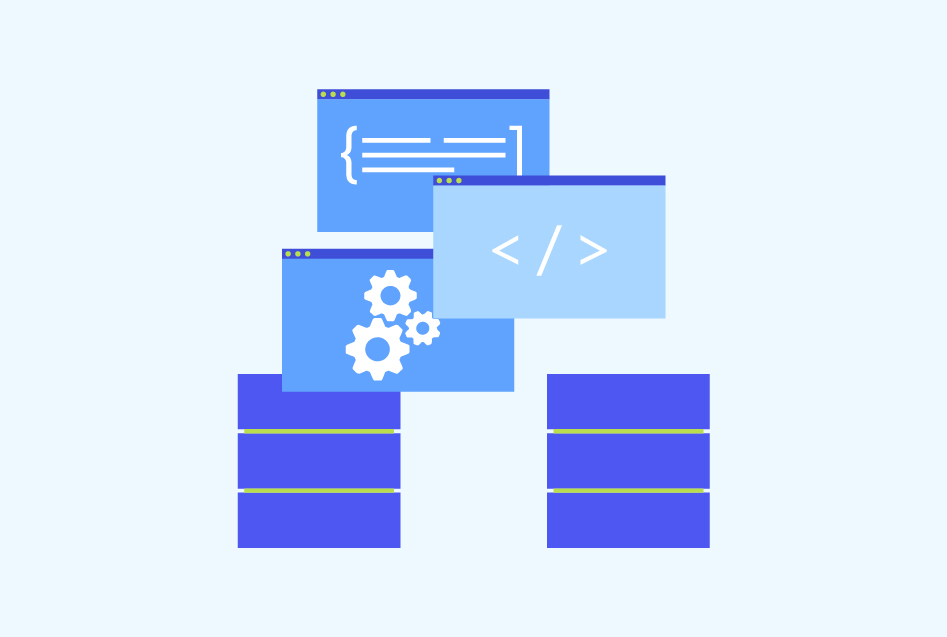How to Become a SQL Developer?
According to research, almost 2.5 quintillion bytes of data are produced daily, but how many businesses are equipped to store it efficiently? To ensure proper storage and organization of databases maintaining security and performance standards, companies rely on quality professionals proficient in industry-leading technology such as SQL.
With the growth in business prospects, there is an ever-increasing demand for skilled professionals like SQL developers who facilitate efficient database management solutions.
The SQL professionals must guarantee proper storage & organization of data ensuring the security and performance of the database systems.
These professionals are not constricted to one field, their roles and responsibilities are deeply valued in the technological, financial, healthcare, and government organizations.
Who is a SQL Developer?
A SQL developer is an expert who builds and manages databases using Structured Query Language (SQL). This language enables the developers to organize, maintain, and extract huge amounts of data maintaining the database system. These developers collaborate with database teams for smooth storage processes assuring accurate record-keeping practices that embrace easy retrieval when required.
One can take up an SQL course to understand the language in detail to grab job opportunities. Apart from acquiring academic knowledge to become a SQL developer, it is equally essential to:
- Gain practical experience to boost your employability.
- Build up relevant work experiences such as internships, freelance projects, or pursuing junior positions and learning under industry professionals.
- Volunteering in fields where relational databases are used could also help increase exposure and broaden scopes on different approaches towards solving problems using Structured Query Language (SQL).
Steps to Become a SQL Developer
Here are the steps to become a SQL developer:
Get a College Degree in Related Fields
To become an SQL Developer, getting a college degree in a related field is essential. Taking classes on computer algorithms, calculus and algebra, abstract data types, computer organization, and algorithm design will give you a better understanding of programming, computer networking, and database management skills.
Apply for Internships
Another important requirement you will need to become an SQL developer is getting an Internship to gather first-hand experience in the industry. You can explore the array of internship opportunities, to help you get started on your learning journey.
Enhance your Proficiency in Database
It is essential to keep Improving your database knowledge and upskilling to cope with the new technologies that are being brought to life regularly.
Look for Job Opportunities
As a beginner, you can get started with entry-level positions like developer, database administrator, or programmer which will help you gain valuable experience.
Obtain Certifications in a Related Field
Companies may require you to have application-specific certifications to qualify for the job. For example, Microsoft Certified Systems Engineer; Data Management and Analytics; Oracle PL/SQL Developer Certified Associate; or even Microsoft’s MCPD (Microsoft Certified Professional Developer) certification can help demonstrate your knowledge in SQL.
Work on Your Skills
To be a successful SQL developer, it’s important to work on developing essential soft skills such as communication and collaboration.
Roles & Responsibilities of an SQL Developer
An SQL developer is responsible for designing, developing, and managing a database to meet the requirements of an organization. They must be knowledgeable in various types of Relational Database Management System (RDBMS) software such as Oracle or Microsoft products to support data storage needs.
Some of the tasks and responsibilities of a SQL developer:
- Performs database system design to store and access business-related information.
- Creates, update, and delete data as required by a particular application.
- Evaluates compatible database languages and technologies to make informed decisions regarding their use.
- The network infrastructure is evaluated, multiple diagnostic tests are run, plus updates are made on security systems by SQL developers, to guarantee efficient navigation through it while upholding optimal performance at all times.
- Keeping code documentation up to date along with progress reports generation.
- Test code for bugs and implement fixes.
Necessary SQL Developer Skills
To succeed as an SQL developer, you need to have both technical and interpersonal skills. Which includes communicating with colleagues and clients, and knowledge of programming languages like data analytics tools.
Here are some of the SQL developer skills that you will need
1. Mastery of SQL. Mastering the programming language SQL is essential because it directly connects queries written within databases.
2. Database Management. Familiarity with different relational database management systems is a necessity. RDBMS like Microsoft Server or PostgreSQL helps SQL developers manage and manipulate vast datasets easily.
3. Application Integration with Business Intelligence Software. A SQL developer should have the skills to integrate popular BI applications like Power BI/Tableau. These tools enable custom-designed tailored solutions and easy merging of new records within teams.
4. Proficiency in Excel and Pivot Tables for Data Analysis. The ability to write appropriate SQL queries plays a crucial role while working with summarized Pivot Table data in Excel. This assists in quick filtering, visualization creation, and chart building so that results are presented efficiently & effectively.
5. Designing Database Systems. Understanding basic concepts about designing database systems by determining primary and foreign keys before proceeding to the actual coding phase.
6. Programming Language Experience. Understanding basic programming languages including Java and Python comes in handy whenever one meets tasks demanding a varied skill set.
7. Communication Skills. Exceptional communication skills remain a prerequisite, allowing well-explained delivery across all cognitive levels.
SQL Developer Jobs
Here are the top five roles for SQL developers:
- Business Intelligence Developer: Business intelligence developers focus on creating and deploying BI solutions to help businesses make better decisions. Tools like machine learning algorithms and SQL scripts for database design, development, reporting, and dashboard management are used.
- ETL Developers: A ETL developer role involves building data warehouse systems from large datasets across multiple sources. Solid knowledge of MySQL & proficient skills using complex ETL packages are required for this position.
- SQL Database Administrator: The role includes: managing databases, performing tasks like writing complex queries, configuring databases, and maintaining server efficiency.
- SQL Application Developer: An SQL application developer is responsible for writing the codes needed for retrieving, updating, and deleting data from the database. They must know SQL to create software applications that interact with databases. With a firm grasp of SQL concepts, an application developer can effectively design and develop new applications with ease.
- Report Developers: A report developer is responsible for designing and creating reports using data gathered from databases. To ensure the accuracy of these reports, they utilize their knowledge of SQL to formulate queries that will extract precise data tailored specifically for the report.
SQL Developer Salaries Comparison
Salaries can vary based on factors like location/experience etcetera.
According to Glassdoor, the average base pay/income yearly across US countries is at around 97k USD per year. Meanwhile, the UK pays £51K annually. India has comparatively lower competitive rates, at INR 5 lakhs.
| Country | Average Salary |
| US | $97,000 |
| UK | £51,000 |
| India | INR 5 lakhs |
As demonstrated by the table, one can be an SQL developer earning up to nearly $100k per year while gaining exposure worldwide.
Conclusion
Becoming a SQL developer is an excellent choice for those interested in working with databases and playing a pivotal role in data-driven organizations. The demand for skilled SQL developers is increasing as businesses harness the power of data to make informed decisions.

